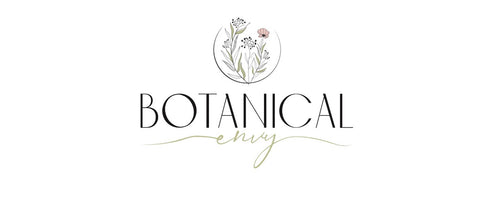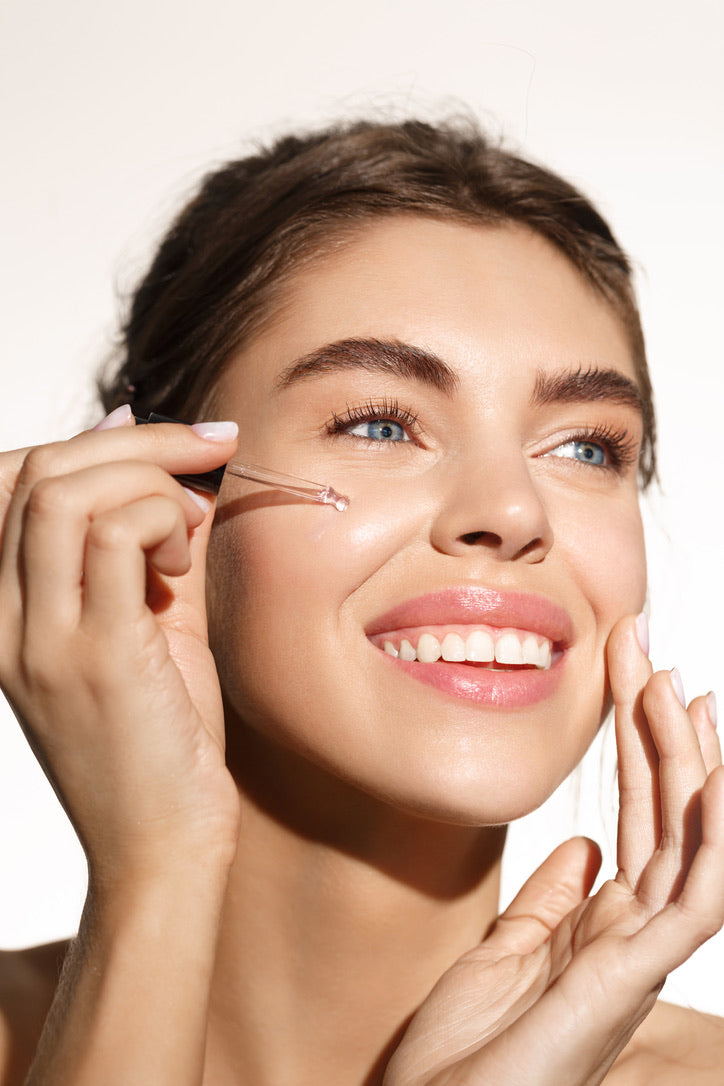Preservatives in skincare, are they safe?

Preservatives are important to ensure skincare products remain safe to use up until it's use-by date. Bacteria and mould in skincare products aren’t always visible to the naked eye but can cause many skin issues like acne, reactions, or allergies.
Not all preservatives are created equal
At Botanical Envy we only use safe, non-irritating preservatives to deliver the best possible result for your skin’s health.
What we use:
Lactobacillus radish root ferment, cocos nucifera (coconut) fruit extract - Derived from radish root ferment and coconut extract, combined with Lactobacillus. It offers a broad spectrum of protection against bacterial growth, while also providing moisturising and conditioning benefits to the skin.
Bacillus subtilis - Is a soil bacterium and its fermentation products act as natural preservatives, inhibiting the growth of harmful bacteria and extending the shelf life of cosmetic products.
Aspen bark - Extracted from the bark of the American Aspen tree, also known as the Quaking or Trembling Aspen. Rich in salicylates that functions as the plant’s natural defence mechanism against invading parasites. The extract also contains conditioning properties, helping to make skin smooth and soft.
P-Anisic Acid - Naturally derived (basil) that acts as a co-preservative. It also contains skin-conditioning properties, contributing to smoother and softer skin and help calm irritation.
Glyceryl caprylate - Derived from coconut oil and possesses excellent antimicrobial properties, anti-acne, skin conditioning and hydrating properties.
Potassium sorbate - As an organic compound derived from mountain ash berries, the ingredient is also readily biodegradable.
Vitamin E (natural form) - Not an actual preservative but an antioxidant, used to help protect the formula from oxidation.
Rosemary extract - High in antioxidant properties. In addition, it has also been reported to have some antimicrobial, antibacterial and antifungal properties.
Phytocide Elderberry - Derived from the fruit of the Elderberry tree. It not only protects your skincare product from microbial growth, but also provides antioxidants, and anti-inflammatory effect to the skin.
What we don't use
X Benzyl alcohol - Can cause skin irritation or allergic reactions particularly those with sensitive skin. Synthetic forms are derived from petroleum-based materials.
X Ethylhexylglycerin - Can cause skin irritation and allergic reactions, particularly those with sensitive skin or pre-existing skin conditions.
X Formaldehyde and formaldehyde-releasing preservatives - Can cause skin irritation and is classified as a known human carcinogen.
X Methylisothiazolinone - Can cause skin irritation or allergic reactions particularly those with sensitive skin.
X Phenoxyethanol - Can cause skin irritation or allergic reactions particularly those with sensitive skin, classified as an endocrine disruptor.
X Parabens - Classified as an endocrine disruptor and carcinogenic.
X Sodium Benzoate - When combined with vitamin C it can form benzene, a known carcinogen. Synthetic forms are derived from petroleum-based materials.
X Triclosan - Acts as an antibacterial and anti-fungal agent and can be found in deodorants and hand sanitisers. Classified as an endocrine disruptor, some evidence suggest it can impact gut microbiome and promote the growth of antibiotic resistant bacteria. When washed down the drain, triclosan contaminates waterways and can be harmful to marine life.



